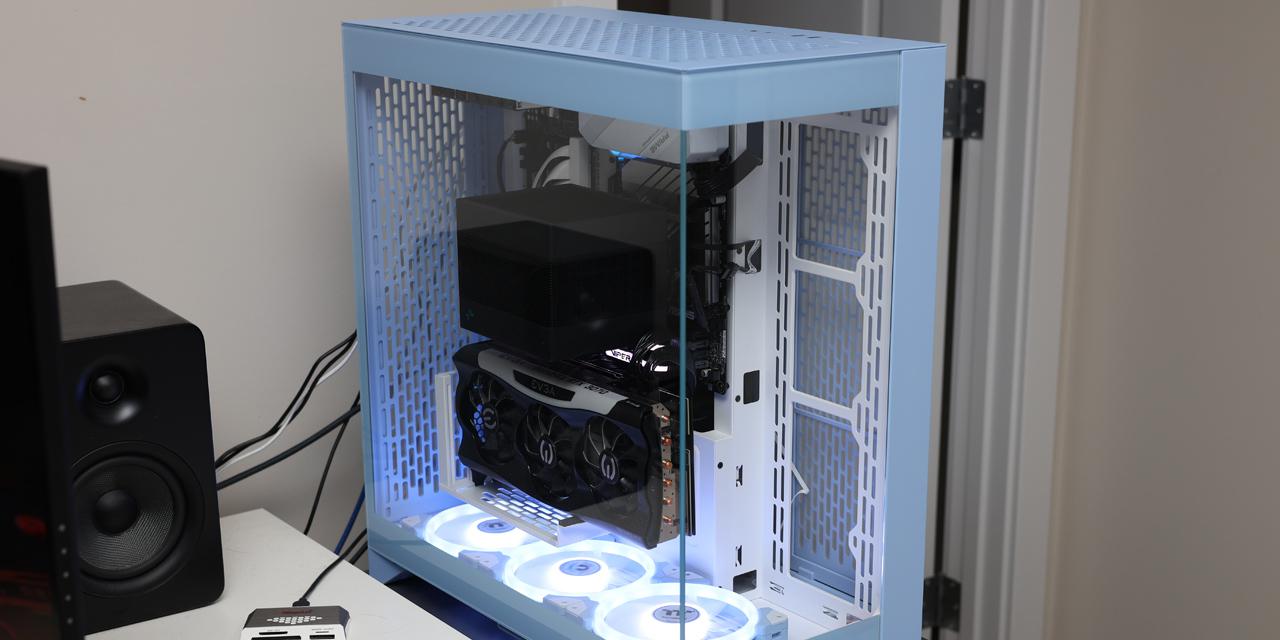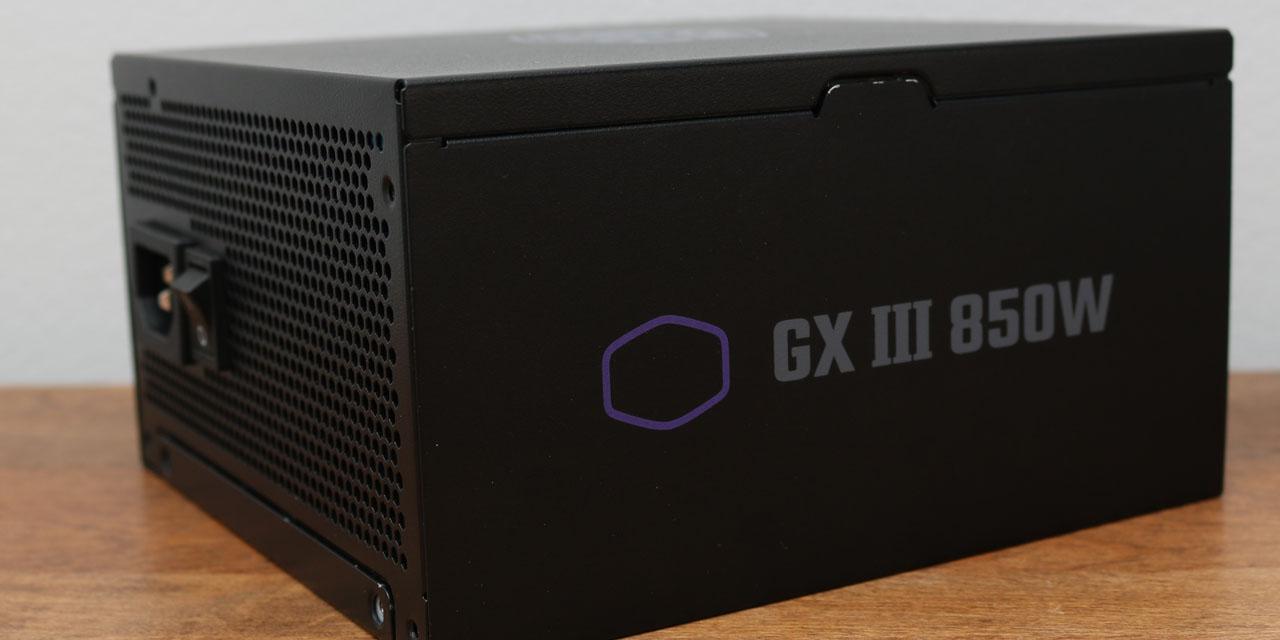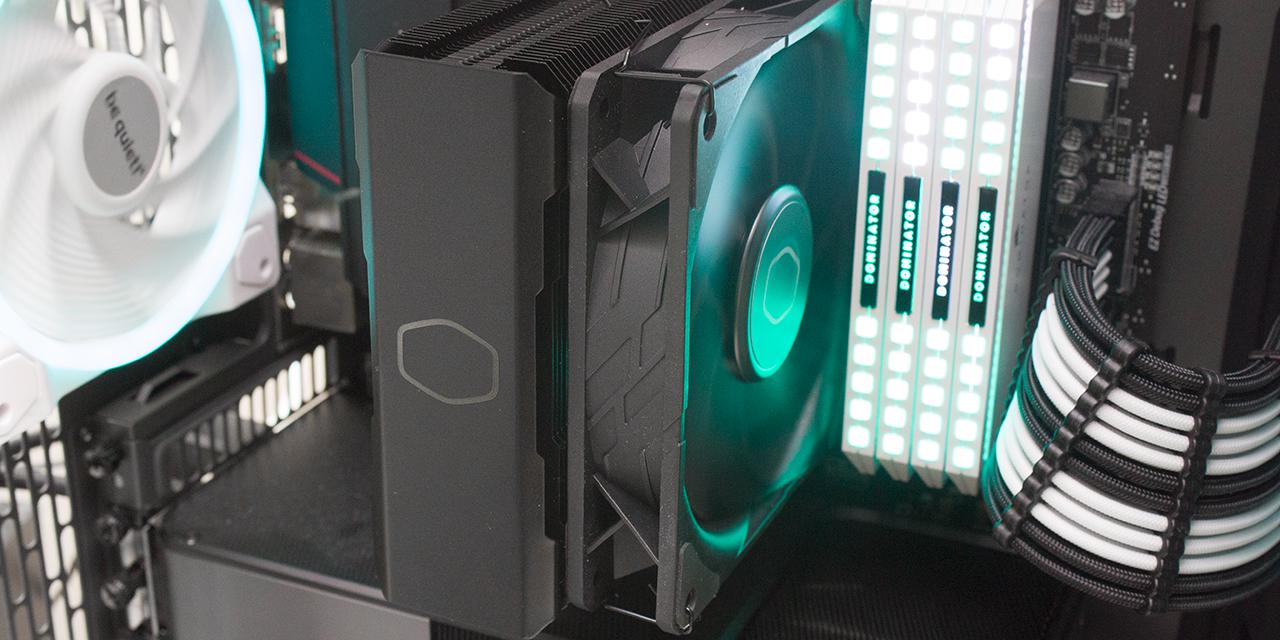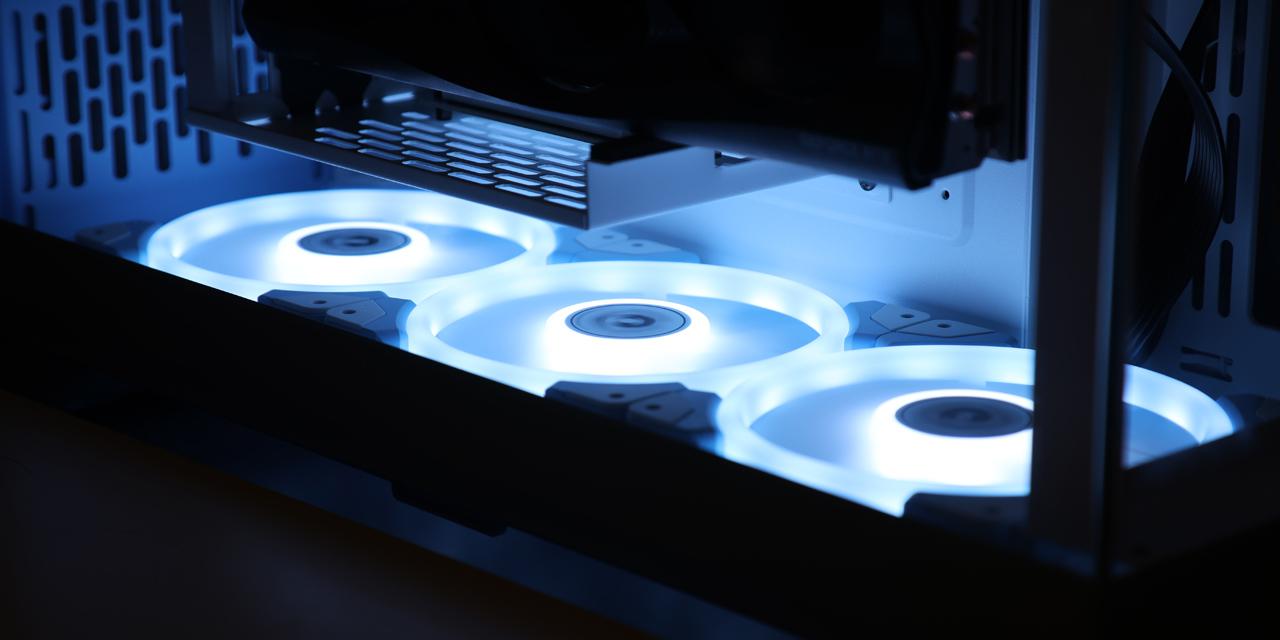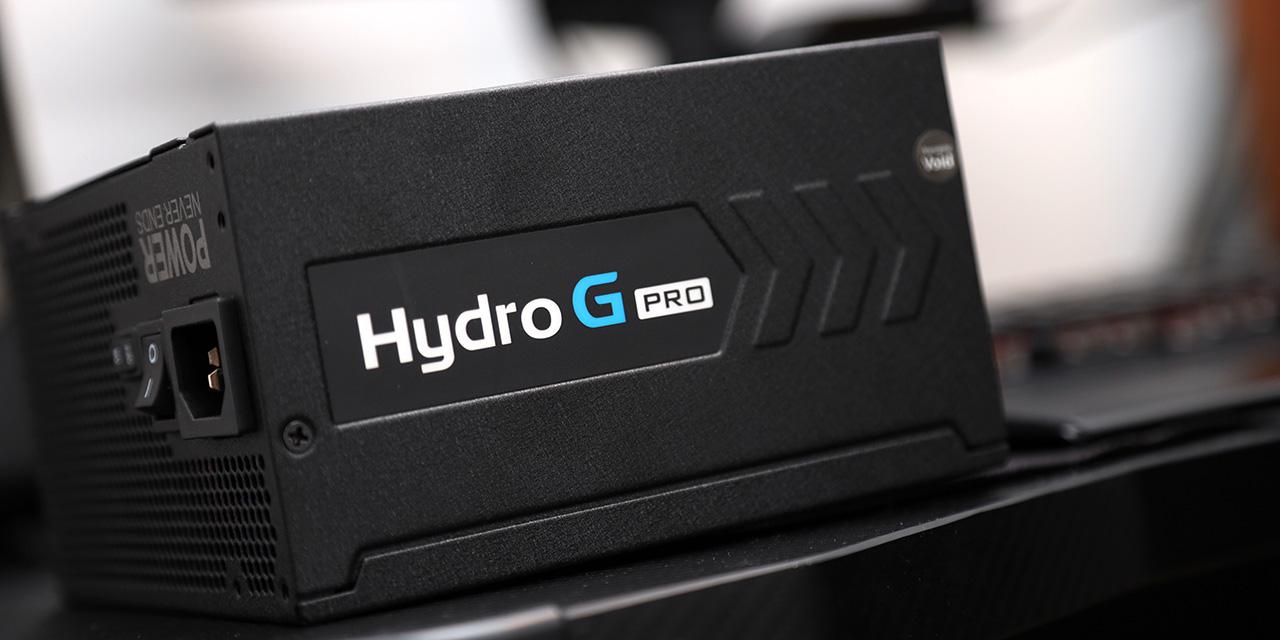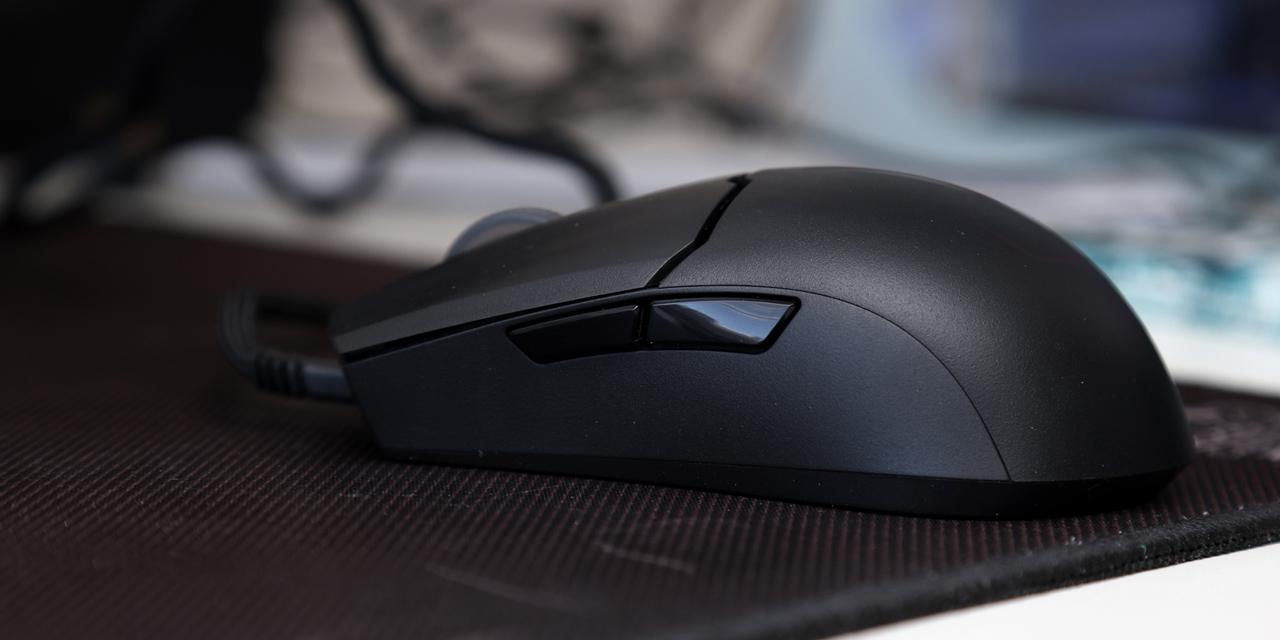|
From X-bit Labs: For years Advanced Micro Devices has claimed that its central processing units (CPUs) for servers are more power-efficient compared to rivals from Intel Corp., however, while the latter offered specially-tailored low-power server platforms, AMD only relied onto its energy-efficient chips on standard platforms. But the things are going to change later this year when AMD launches its code-named Adelaide 2-way platform. AMD Adelaide platform will be based on the code-named Lisbon six-core energy-efficient CPUs as well as AMD SR5650 core-logic (22 PCIe lanes, 9.6W TDP in low-power HT1 mode) with AMD SP5100 input/output controller. AMD Opteron 4160 EE and 4158 EE chips will be clocked at tremendously low clock-speeds – 1.60GHz and 1.50GHz – however, this makes us hope that the microprocessors will also consume dramatically low amount of power – up to 35W. At present AMD Opteron EE processors have 60W thermal design power (TDP) and 40W average CPU power (ACP). But the low power consumption of Adelaide will come at a price: if the next-generation Maranello and San Marino platforms will feature HyperTransport 3 links, then Adelaide will have to rely HyperTransport 1 instead in order to reduce consumption of both CPUs and core-logic sets. Just like the code-named San Marino, AMD Adelaide will support up to six memory modules per socket, however, it will not support fast DDR3 modules, but will work with low-voltage DDR3 at the speeds of up to 1066MHz. AMD’s energy-efficient six-core Opteron microprocessors will feature 3MB of level-two cache (512KB per core), 6MB of level-three cache, two HyperTransport 1 links and dual-channel DDR3 memory controller that supports up to PC3-8500 (DDR3 1066MHz) memory in addition to low-voltage DDR3 and quad-rank DIMMs. The chips will be compatible with C32 socket (LGA 1207) and will feature C1E, Cool Speed, Precision Thermal Monitor, Remote Power Management Interface, DDPM, AMD CoolCore, Enhanced AMD PowerNow! Technology, AMD Wide Floating Point Accelerator, AMD Memory Optimizer Technology, AMD Balanced Smart Cache, AMD-Vc, EVP, OPMA and other technologies. View: Article @ Source Site |
 |
AMD Readies Low-Power Server Platform
© Since 2005 APH Networks Inc. All trademarks mentioned are the property of their respective owners.
